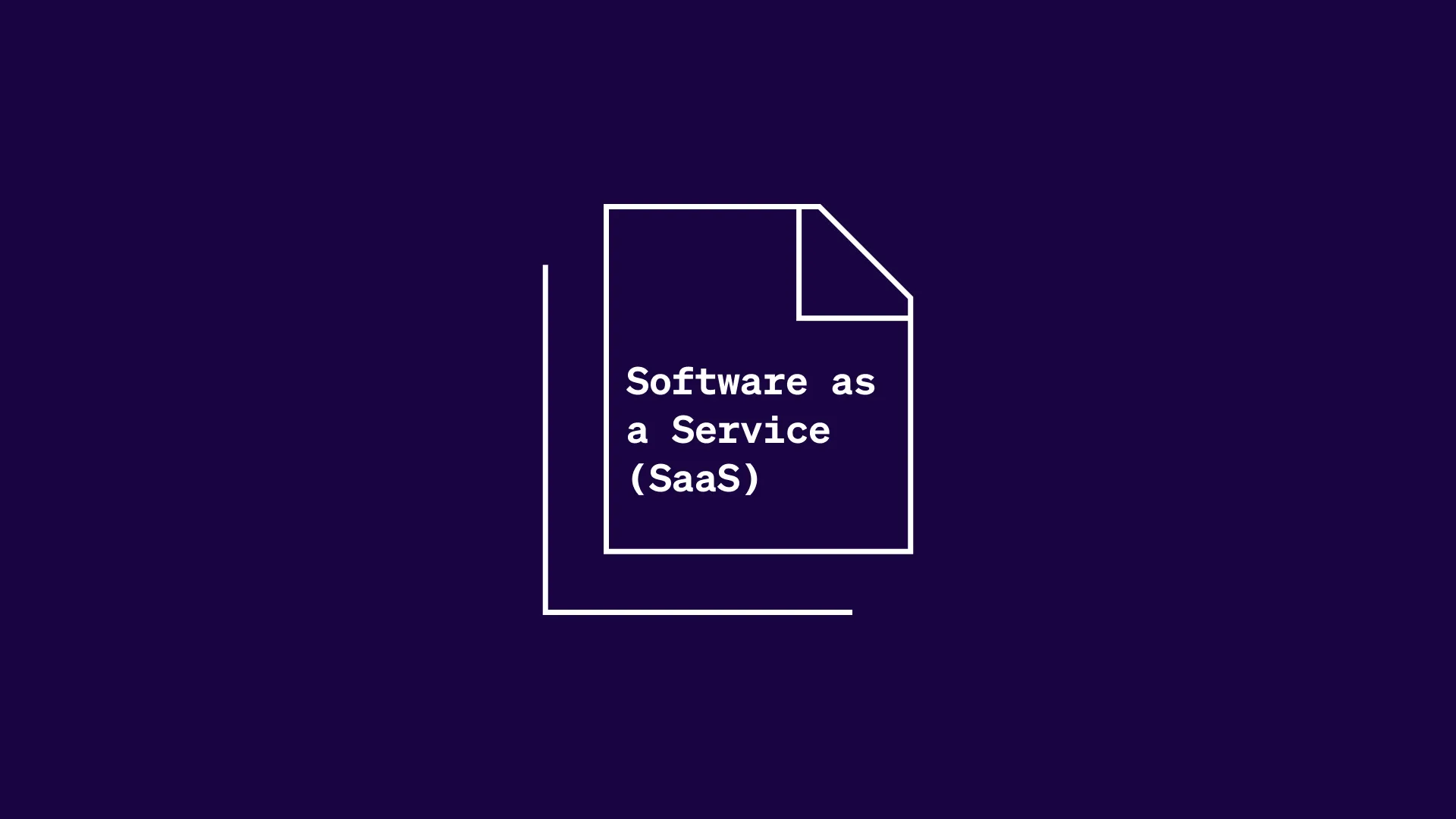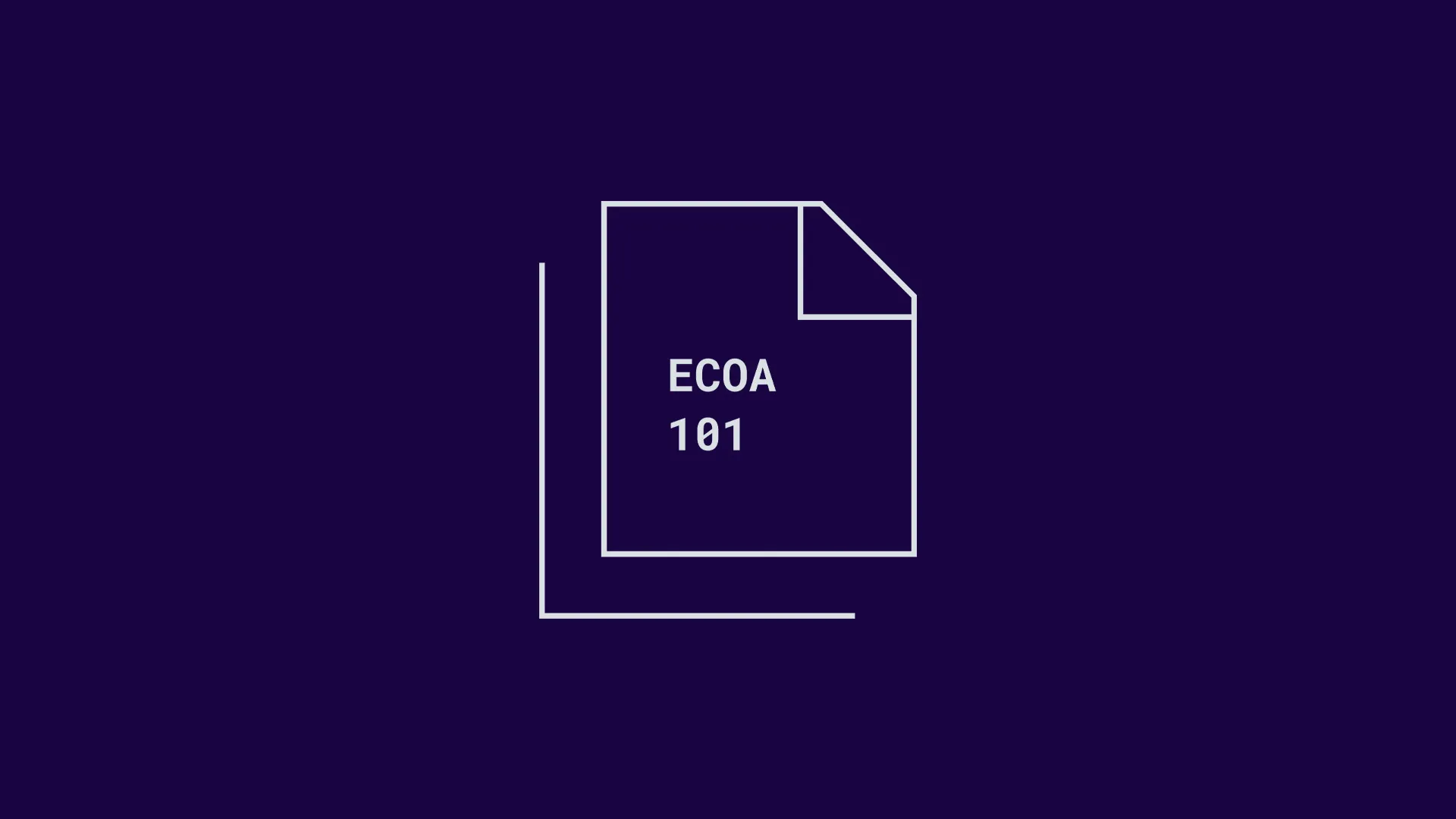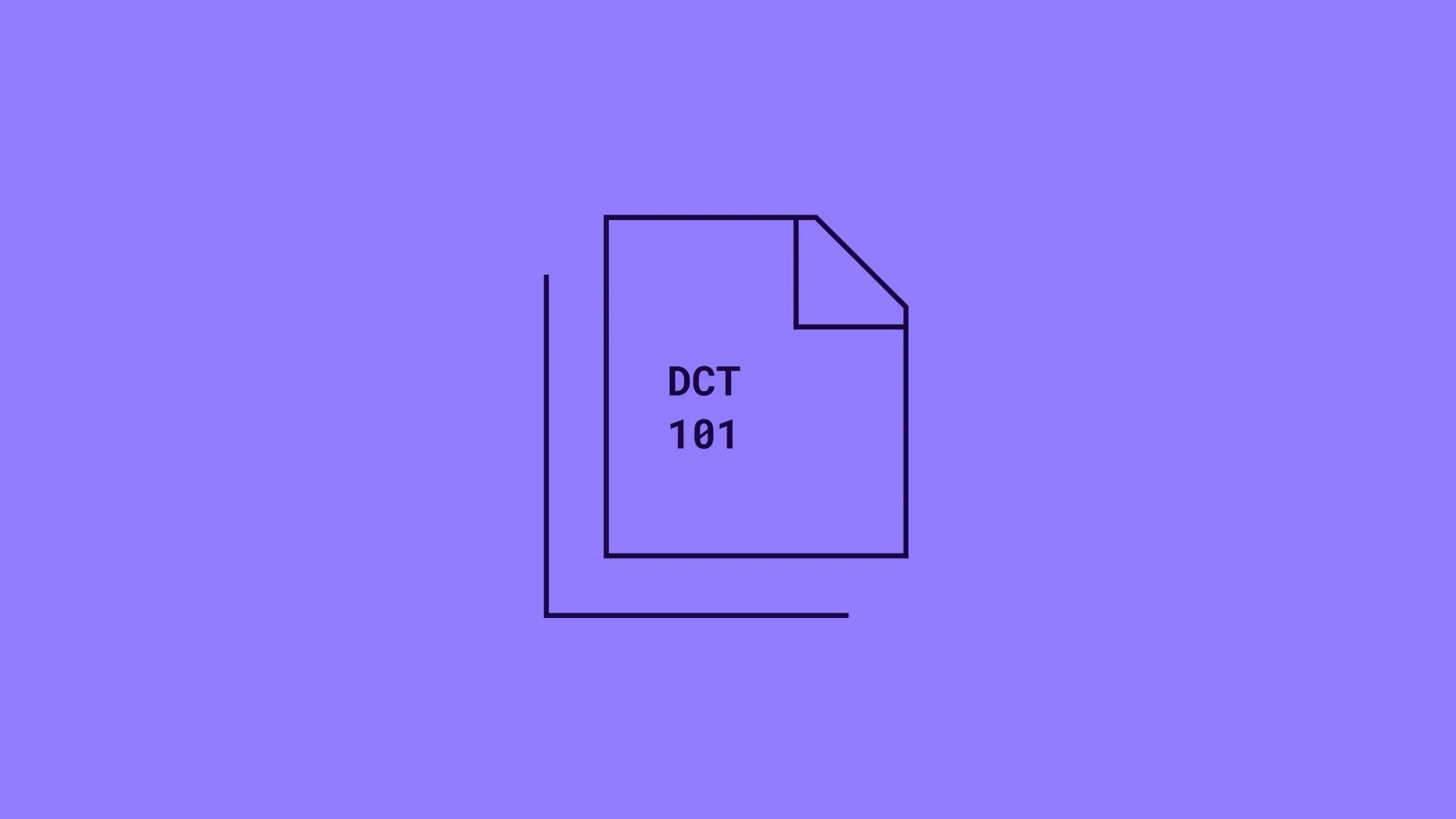Data Collection


How to improve eCOA data quality in clinical trials
Electronic clinical outcome assessments (eCOA) have become essential for modern clinical trials, offering numerous advantages over traditional paper-based methods. However, the benefits of eCOA can only be fully realized if the data collected is of the highest quality. Ensuring data quality in eCOA clinical trials requires a multifaceted approach, encompassing platform design, patient engagement strategies, robust data validation procedures, and strict adherence to regulatory guidelines. This blog post explores key strategies for achieving and maintaining data quality throughout the eCOA process.


The critical role of eCOA software in shaping modern clinical trial design
Discover how eCOA software is reshaping modern clinical trials by enabling decentralized designs, enhancing patient adherence, and optimizing data collection through real-time digital tools. Learn how cloud-based solutions and AI are driving the next evolution in clinical research.


The Future of decentralized clinical trials: Opportunities and adaptations for Medable
Traditionally, clinical trials have relied heavily on centralized sites and face-to-face interactions between researchers and participants. However, the limitations of this model have become increasingly apparent, especially during the COVID-19 pandemic, which prompted an unprecedented emergence of decentralized clinical trials (DCTs), whose characteristics of remote patient engagement, virtual assessments, and mobile health technologies allowed the healthcare industry to continue drug development (albeit at a slower pace). As the healthcare landscape continues to evolve, DCTs are emerging as a vital component of the clinical research ecosystem. By leveraging technology and data to streamline processes and the need to enroll a greater diverse patient population, DCTs promise enhanced patient engagement, improved data quality, and accelerated study timelines. As with everything in life, nothing is always that simple. In this blog, we will explore the future of decentralized clinical trials and look at the challenges faced by sponsors, sites, and patients when planning, implementing, and running a DCT. We will also discuss how Medable is continuously adapting its platform and software capabilities to reduce risks and provide solutions that allow the benefits of DCTs listed above to be fully realized.

Use Case: Integrating consent data to reduce administrative burden
A top-10 pharmaceutical company was looking to reduce the amount of administrative burden on their clinical trial sites and themselves. The sponsor sought to find a vendor that could use one eConsent system to manage paper and electronic consent. Additionally, they sought to use the central eConsent system to populate the clinical trial sites’ IRB and EDC systems, as well as some internal systems.


What is SaaS, and how are life science companies using it today?
In today's digital age, Software as a Service (SaaS) has emerged as a cornerstone of cloud computing, transforming how businesses and individuals access and utilize software applications.
This cloud-based software deployment model has become increasingly popular due to its accessibility, cost-effectiveness, and scalability. Now, SaaS is making significant inroads in the pharmaceutical and life sciences industries, offering solutions to longstanding challenges and driving innovation.


Evidence generation evolved
The pharmaceutical industry faces a daunting challenge: it takes an average of 12 years and $3 billion to bring a new drug to patients, with the FDA approving an average of 50 new therapies yearly.
This pace is inadequate to address humanity's needs and our own future goal of helping the industry produce ten times the number of treatments it does today.
A significant bottleneck is the lengthy clinical trial process, where Phase 3 studies alone can span three years or more. However, a critical factor compounding these timelines is the difficulty in recruiting sufficient patients for these crucial studies, often adding up to 2 years to the already protracted journey.


Quality by Design: Better data using participant insights
Quality is not an afterthought within clinical trials. Instead, it is a required and integral part of the entire process beginning at the start of protocol design. While clinical trials will always encounter challenges in driving quality experiences and data, there exists one approach that’s backed by regulatory agencies and proven to lead to better outcomes.
This is a “quality by design” strategy that’s informed and driven by all stakeholders, including those most affected by your trial’s protocols - your participants, and sites.


You asked we answered: How do eCOAs improve data compliance?
We at Medable are often asked in webinars, requests for proposals (RFPs), tradeshows, etc. just how exactly eCOAs and ePROs foster better patient compliance with submitting data.
Since you asked, our answer is below, courtesy of Jessica Dolfi, VP of Solution Consulting.


DCT Digital Week: Creating the Digital Foundation for Scale in Clinical Development
Learn how sponsors and CROs can improve their clinical trial conduct by developing new strategies that create sustainable, repeatable, and effective clinical conduct.


Back to basics: What are electronic clinical outcome assessments (COAs/eCOAs)?
COAs (called eCOAs when captured electronically) are essential to understanding whether a drug is reducing symptoms, improving patients’ quality of life, and improving patients’ ability to perform activities they care about. COAs enable a well-rounded understanding of how a drug is working, its side effects, its impact on patients’ lives, and more. Perhaps most notably, PROs/ePROs allow for the patient’s voice to be heard. Capturing the patient’s voice is particularly important because the clinician may not always see or express the patient’s experience in the same way.


Back to Basics: What is a decentralized clinical trial?
In a decentralized clinical trial, part or all of the protocol occurs away from the primary study site. Instead of patients traveling, often repeatedly, to a central site for enrollment, consent, data collection or symptom monitoring, they can participate in telehealth visits from their homes, often using familiar technologies, like smartphones, tablets and wearables to transmit pertinent information. Even medications and devices can increasingly be delivered directly to a patient’s home, and a home visit from a health care professional can be arranged if necessary.


Quality by design: How eCOA improves oversight and participant data quality
eCOA has the power to ease clinical research for all stakeholders. When developing and refining our eCOA offering, we consulted with our own Participant & Caregiver Network (PCN) to provide feedback on design. This allowed us to build our eCOA and the wider platform it fits within in a way that fosters better oversight, and better clinical trial data.


Why the future looks bright for eCOA in clinical trials
See why the electronic clinical outcome (eCOA) market is poised to continue its rapid growth and why Medable customers have chosen eCOA as a future foundation for their next era of clinical conduct.


.webp)
